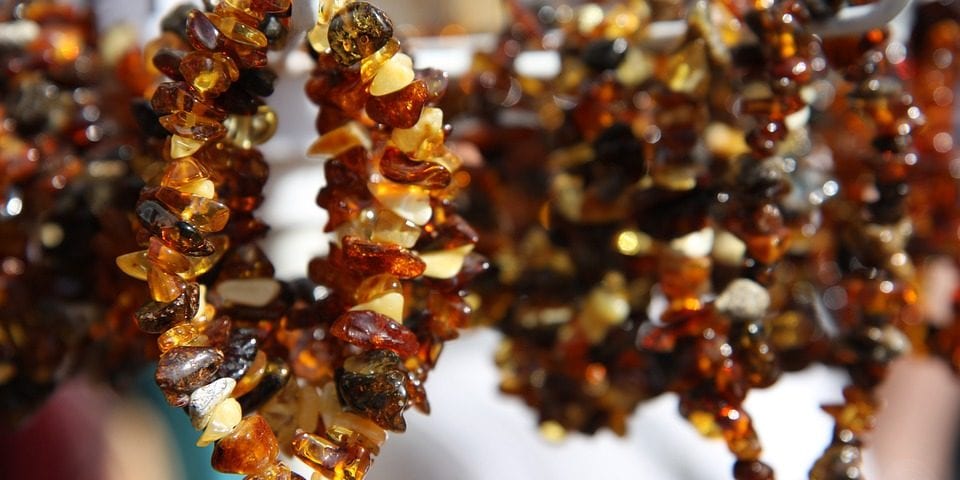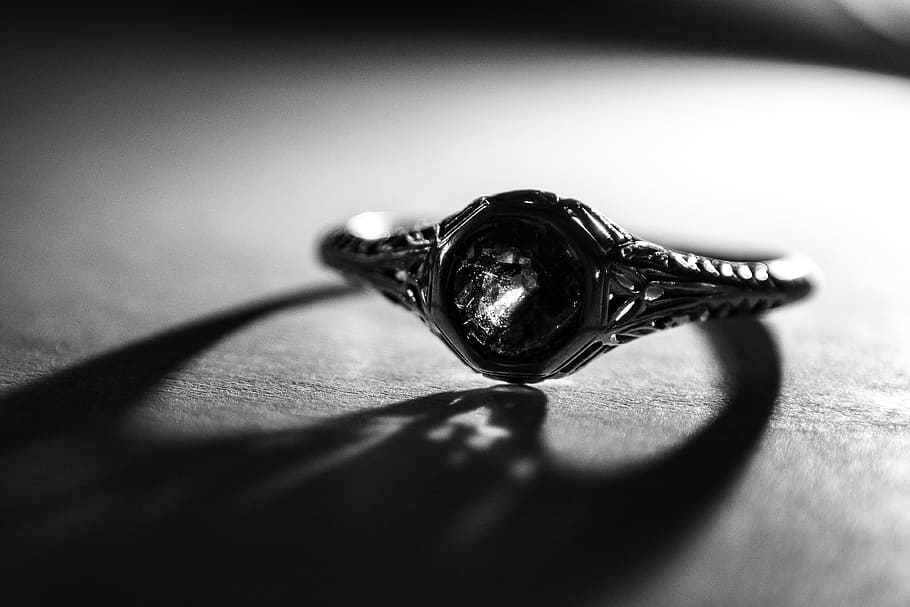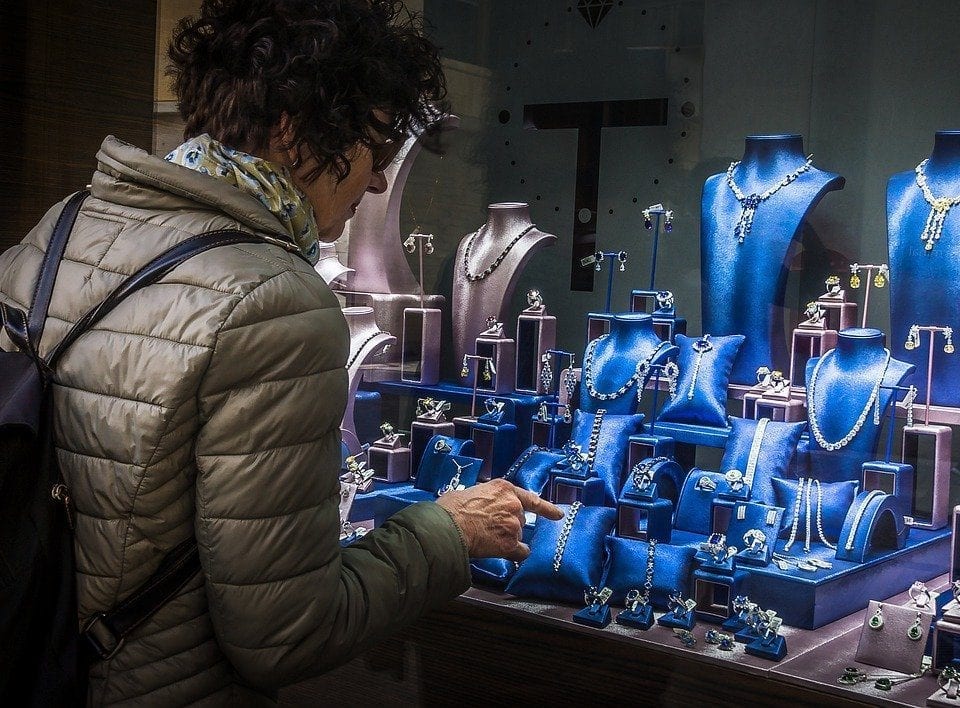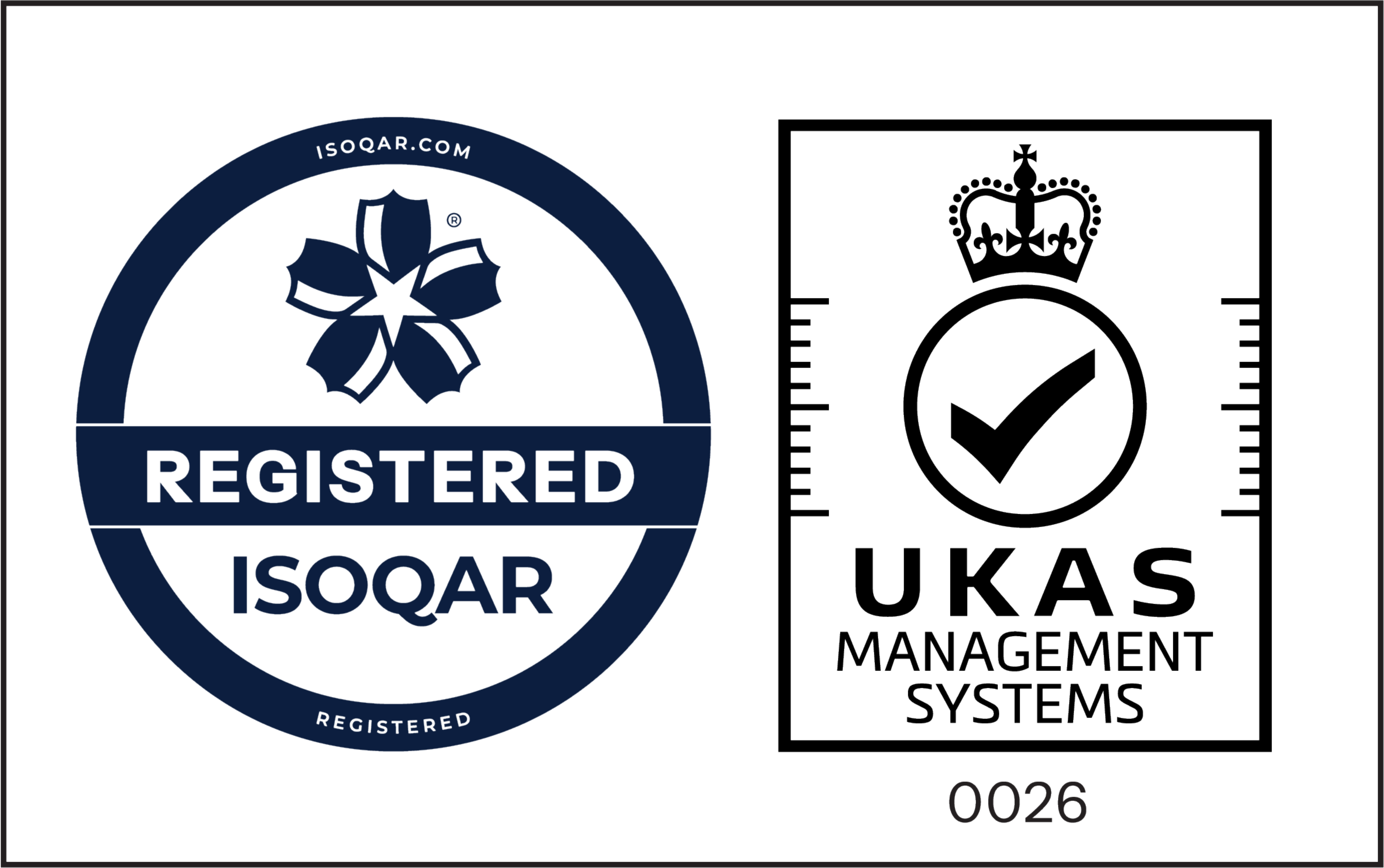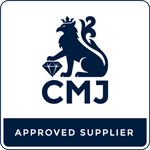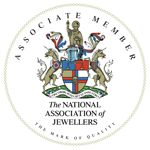Top Ten Tips for Starting a Jewellery Business

How To Display Your Jewellery
January 30, 2020
10 Ways to Promote your Jewellery Business Online
March 26, 2020Jewellery making is a viable low investment business for a creative individual, but crafting skills aren’t required. Maybe you’re the technical type instead, looking to learn a new trade like fine metalworking or precious gemstones. Or you have an incredible online business idea based on an untapped audience. If you want to know how to make jewellery into a profitable business, this blog is for you. GemTAGS are experienced in the barcoding sector and jewellery industry since 2006. GemTAGS offers a complete solution where you can design and print your own labels. So we have put together this top ten tips for starting a jewellery business to help you get started.
Skills
It may be a competitive industry, but jewellery remains an incredibly popular market to start a business in. It’s also a business that enables designers and artists with entrepreneurial instincts to utilise their creativity and craftsmanship to make a name for themselves in the world of fashion and accessories. It can be a perfect venture to start part-time as many jewellery firms can be launched on a relatively low budget. Furthermore, there’s an enticingly broad range of options when it comes to creating a jewellery brand. Jewellery products tend to fall into one of the following product types: fine, custom, costume, or handmade jewellery, for example, as well as a variety of potential market options from affordable, market-stall and high-street to luxury and couture jewellery.
However, as the saying goes, not all that glitters is gold; jewellery is an industry that takes a considerable amount of planning and work to make it a success. As well as the creative aspect, from designing a line to creating a brand, a jewellery business comes with certain industry-specific regulations, significant competition, and cash flow issues to consider. If you plan to grow your jewellery dream into a sustainable business, it will take commitment and preparation – from studying your target market to learning every bit you can about your product.
Education resources – If you elect to learn how to make jewellery via a specialized skill like gem setting, there are plenty of jewellery education resources, including formal classes and online tutorials. Look for local workshops and programs, or start with these online resources like YouTube, Skillshare and other online platforms that offer you video content to help you learn a new skill.
Business plan
Jewellery business is one that entails a significant amount of planning and research. From the outset, you should try to decide who your customer is, how you plan to target them, your price point, location and start-up costs. You must also decide what type of business you want to be – do you plan to manufacture abroad or remain in Britain? Fine or fashion jewellery?
Try to have a clear business strategy laid out before launching and consider your start-up’s future, as growth will hugely affect the way you produce your products. For instance, you can launch with a relatively small investment but if you start to grow you will have to hire staff, buy more materials and create an appropriate production workshop (either at your home or move to a new location). So if your plan is to scale your business, it’s important that you consider the long-term logistics that will come with that growth.
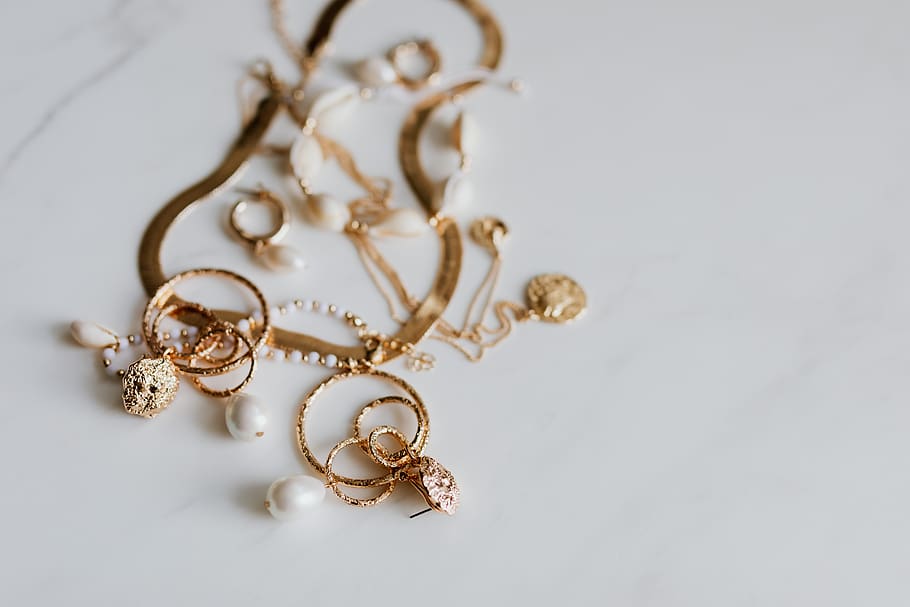
Marketing
Once your site is functioning properly and customers can start making transactions, you’re ready to kick-start your marketing efforts. If you’re in a position to do so, invest some capital in digital advertising and get your website appearing in Google’s search results. If you don’t have the capital or know-how for advertising at this stage, invest some time in adding a blog to your website instead. Insight into your design process, behind the scenes looks at your latest collections, and interesting pieces on the latest trends in jewellery are great topics for building your online presence and building relationships outside your current customer base.
Social Media – The use of social media platforms to share images and updates on your designs is a powerful and straightforward way of gaining more traction online. Instagram, Pinterest, and Facebook are plentiful with amateur designers trying to push their designs, so make sure your social messaging stands out from the rest with professional images of your products, competitions to encourage people to engage with your jewellery brand, and also consider using deals and discounts on certain pieces to spark interest. Social media sharing is invaluable to not only setting up a jewellery business online but if done regularly, will play a vital role in your business’s growth.
Cost
The great thing about launching a jewellery business is that it can be started on a relatively low budget. The cost of equipment and tools will depend on what type of jewellery business you launch link to that site with the tools. It’s important to consider what area of the jewellery market you are targetting. You can start things off very cheaply at the lower end i.e. costume jewellery but at the higher end, there are larger costs that are unavoidable due to the price of precious metals, gemstones and labour costs.
Where you manufacture will also determine the cost; for instance, if you decide to mass produce then outsourcing in overseas countries may cut overheads. However, it can also mean compromising on the ethics or quality of your product. Producing your product in the UK could lead to higher labour costs but it will also mean that you can monitor production more carefully, boost the ethical status of your brand and make use of the valuable ‘Made in Britain’ stamp. Costs will also depend on where you sell your products as market stall prices can vary and if you decide to set up a shop you will have to take into account the cost of premises.
Product Design
Without a consistent jewellery collection, it’s safe to say that it’s difficult to become an online success. So, it is important to make sure that setting up an online jewellery business does not completely take away from the regular production of your designs. When you’re starting out, it may seem more appropriate to offer your customers variety, but if you’re looking to build your reputation as an accomplished designer with your own style, establishing collections that have their own identity will set you apart from the amateurs.
Regulation
While starting a jewellery business can be done quite affordably, it does take background research and there are some regulations that you must follow.
Whether you are launching a shop or a stall, you will need a licence from your local council. Councils vary in terms of their requirements but you usually have to pay a small fee. You may also have to pay business rates, which depend on location and size so make sure you get in contact with your local authority before taking any steps forward.
There are also a few business owner taxes to be aware of. For instance, as a self-employed individual, you will have to complete a self-assessment within three months of trading and then a tax return assessment at the end of each year – you’ll need to do this is through the HM Revenue & Customs (HMRC) website. You will also have to pay National Insurance contributions, also to the HMRC, so check out its website for information on both.
Two other pieces of legislation to be aware of when selling your jewellery (or any merchandise) are the Trade Descriptions Act (TDA) and the Sale of Goods Act (SGA). Both acts are pretty straightforward and are in place to protect customers. TDA means that traders cannot sell any counterfeit goods or make false claims about a product. The SGA is there to make sure that what you sell is fit for purpose and of acceptable quality – if it is not, you are obliged to either exchange the goods, give a credit note or a cash refund.
If you’re working with precious metals then you will have to get your work hallmarked. The Hallmarking Act 1973 makes up the bulk of modern UK law regarding the assaying and hallmarking of metals.
Any business transactions involving unmarked metals are illegal. Metals are tested and, if they meet a certain minimum purity requirement, are marked with a specified seal. This is carried out by an Assay Office, which are located throughout the UK.
Another regulation to be aware of if working with certain types of metals and chemicals, such as nickel, cadmium, lead and Chrome 6, is Registration, Evaluation, Authorisation & restriction of CHemicals (REACH).
This is a European Union regulation and was created to protect human health and the environment from the use of chemicals. For more information on REACH chemicals and the registration process, check out the Health and Safety Executive here.
JDA’s Lynn Snead advises fine jewellery designers to visit The World Jewellery Confederation (CIBJO) website, which has books covering the nomenclature (terms or names that should be used) for gemstones, diamonds and pearls and, if importing, the duty and VAT rules.
Finally, jewellery business owners must also think about Intellectual Property (IP) and protecting your business idea. With regard to protecting your designs, we recommend registered all his designs with the Intellectual Property Office and the brand Keep Me Jewellery is a registered trademark. We also recommend registering with ACID (Anti Copying In Design) and with the British Jewellers Association.

Research
Doing your research is key to having a good business model and understanding your target market. Take a look at other, successful jewellery businesses that you admire and would like to emulate in some way: What’s their angle, and why is it successful? Who is their audience, and what’s their marketing tactic? How and where do they sell their goods—do they rely solely on their website or other selling platforms (like eBay or Amazon), or do they also sell in brick-and-mortar shops? Market research is also critical in determining how to price your jewellery appropriately for your audience.
Reason Why
When starting your jewellery business, you should make every piece of your jewellery look different from your competitors’ offerings. Apart from being visually appealing, you must take care of its packaging design that needs to be empirical and make the consumer prefer your product over the competitors. You should be doing the creative work of making jewellery pieces from your heart. Remember that you will be working for hours. So encourage your workforce and engage yourself with your business.
Be Realistic
It takes time to build a successful business. Do not expect to get overnight success after you open your jewellery shop. It may take even years before you taste success. So, have patience! There’s nothing wrong to have high expectations, but at the same time, you need to be realistic.
Make it legal
There are some fundamental legal considerations that will need to be made when you’re about to set up your online jewellery business. If you haven’t already done so at this stage, you should select a trading name and do some research into your tax obligations as a business. More specifically, as a jeweller who works with precious metals, you will need to ensure your precious metal pieces are hallmarked correctly at one of the UK’s assay offices – unless its weight is under the threshold for that particular precious metal. You can contact your nearest assay office in London, Birmingham or Sheffield and ask for more details on how to register.
GemTAGS
We hope that you found our guide interesting and useful, we know that it can seem daunting to begin with but we know that you can achieve your goal. GemTAGS are an award winning company who are quality assured and a partner you can trust. Our sales, production and technical teams have vast knowledge and experience in all aspects of label printing and barcoding systems. GemTAGS can cater for you at every step of the process from getting the right label materials and adhesives, designing your labels, all the way through to label production. If you have any questions about our products then, please contact us on 01773749237 or fill in a contact form.

